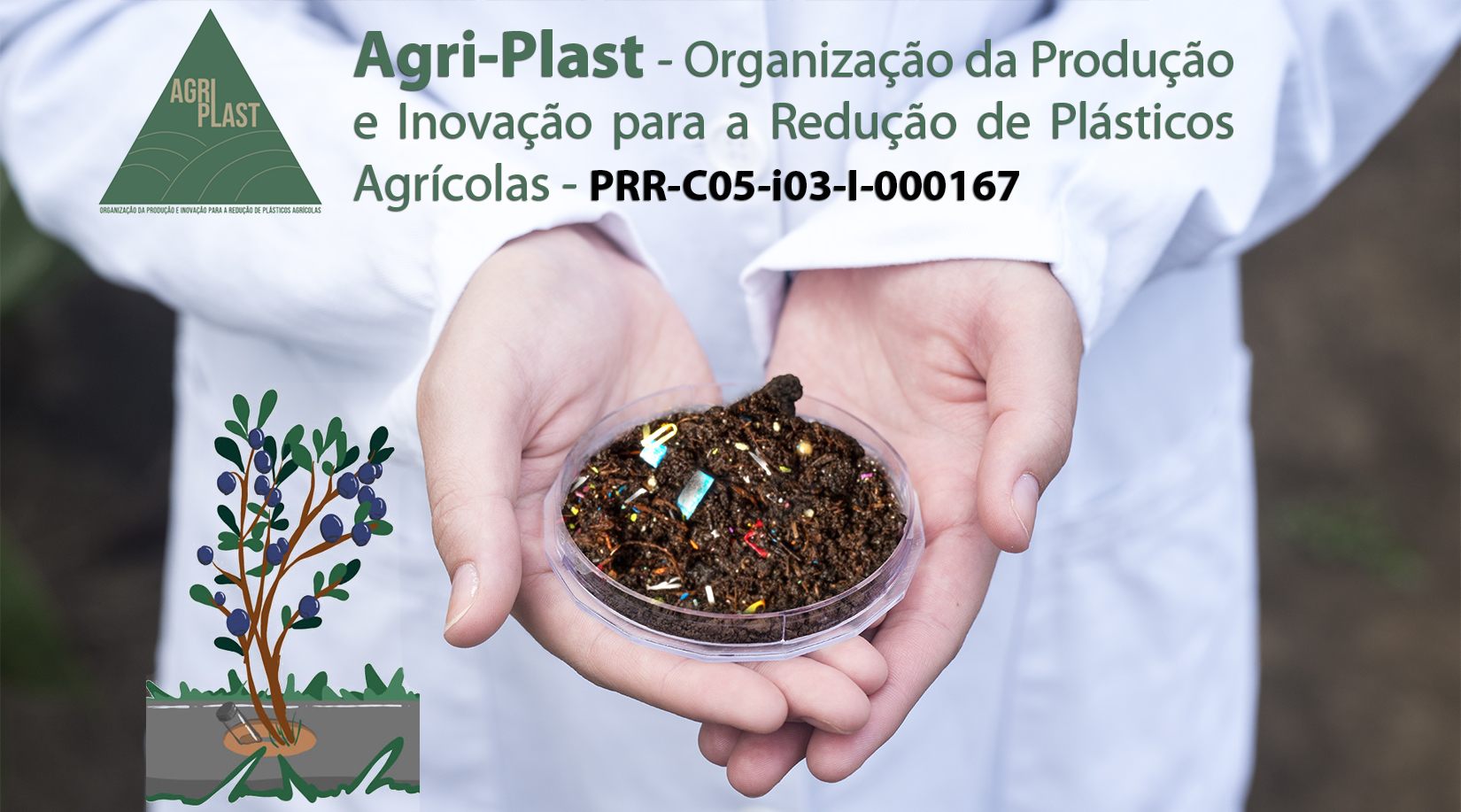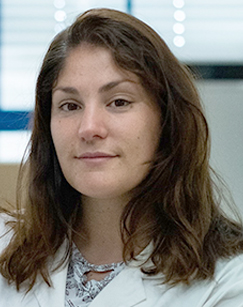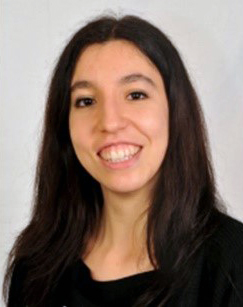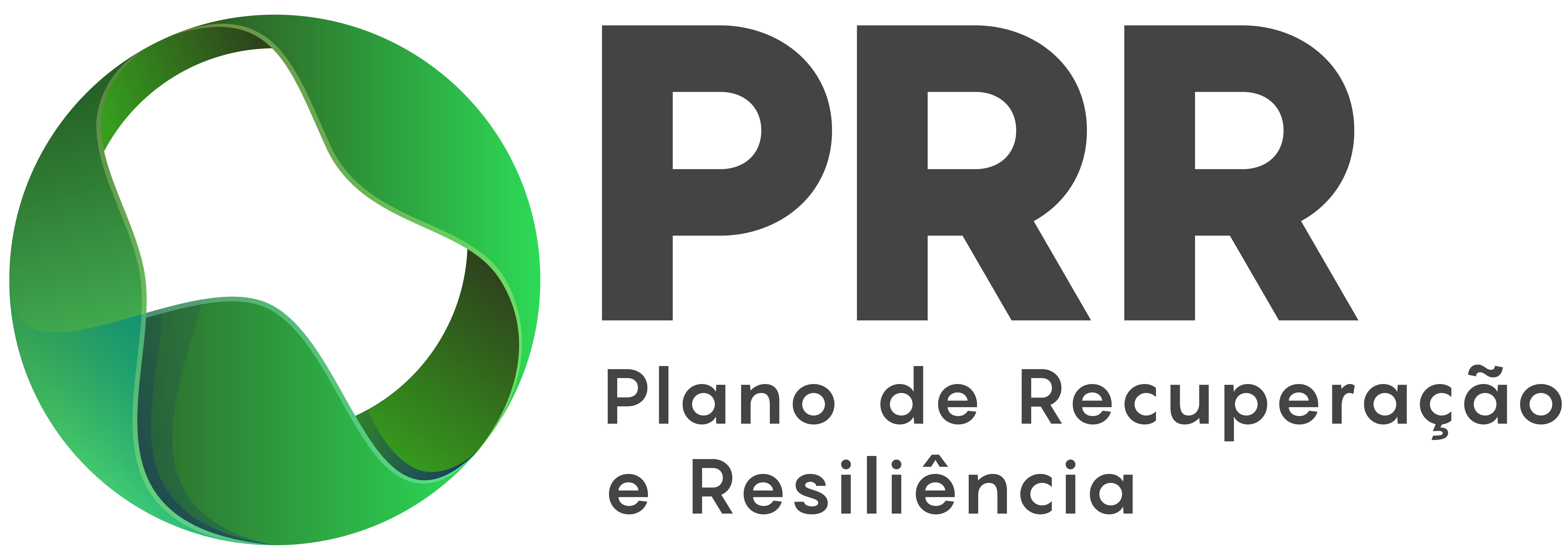
"EFFECTS OF MICROPLASTICS ON SOIL
|
Auditorium: ITQB NOVA, OeirasAv. da República, 2780-157 OEIRAS 1st October, 2024, 10-12h00 |
ORGANIZING COMMITTEE:Adélia Varela, Ana Cristina Ramos, Filipe Pedra, Joana Antunes, M. Lurdes Inácio, Pablo Pereira, Paula Fareleira, Pedro Oliveira, Margarida Oliveira, Corina Carranca
|
 |
 |
INVITED SPEAKERs
|
|
Dr. Joana Antunes Recent member of the PRR: Agri-Plast Project team (at INIAV). Joana Antunes is an Environmental Engineer, with a research track record at FCT NOVA (since 2011) on ecology, coastal/marine environment, plastic pollution, and marine ecotoxicology. Her PhD thesis focused on toxicological mechanisms of nanoplastics in human cells. She participates in national and international projects on microplastics pollution and interaction with other contaminants (e.g., PAH, PCB, DDT). |
|
MICROPLASTICS IN THE ENVIRONMENT: A BIG CHALLENGE Microplastics, defined as plastic particles less than 5 mm in size, have emerged as a significant environmental concern due to their ubiquitous presence and potential adverse effects on ecosystems and human health. This presentation will explore the origins, distribution, and impacts of microplastics in several environmental compartments, including oceans, rivers, soils, and the atmosphere. The primary sources of microplastics will be mentioned, including industrial processes, plastic waste degradation, and consumer products. The pathways through which plastics enter and persist in the environment will also be discussed. The session will further address the complex interactions between microplastics and biota, highlighting their potential to act as vectors for pollutants and their implications for food safety and public health. By comprehensively addressing these issues, this talk aims to underscore the critical need for a multi-faceted and collaborative approach to tackle the growing challenge of microplastics in the environment. |
|
|
Prof. Marta Temporiti University of Pavia, Italy Research career started in 2016. PhD thesis on “Fungi degrading plastics: selection and evaluation of their activity”, in 2023. Marta Temporiti is involved in the extraction of secondary metabolites from microalgae and plants, and in the application of microfungi for biodegradation processes of recalcitrant substances. She is also carrying out studies focusing on microbial fuel cells. |
|
FUNGI IN PLASTIC-POLLUTED SOILS: BIODIVERSITY, METABOLISM, AND DEGRADATION POTENTIAL Microorganisms, and especially fungi, are a keystone of soil biodiversity and soil metabolic capacity. Therefore, changes in fungal community compositions and metabolisms could be an interesting point of view to evaluate the impact of plastic pollution on soil health. Moreover, the fungal possibility to produce exoenzymes involved in polymer degradation makes fungi possible actors for plastic degradation. The purpose of this presentation is to show the impact of plastic pollution on soil fungal communities and on the metabolism of soil microorganisms. In particular, we are investing how to create a useful collection of fungi with biodegradation potential and addressing important questions. From where can we isolate them? How can we understand their degrading abilities potential? Finally, how can fungi actually attack and modify plastics? This lecture will offer an in-depth look into this complex topic, showcasing the findings from three years of dedicated research in the field.
|
|
A participação neste evento é gratuita mas com inscrição obrigatória, Participation in this event is free, but registration is mandatory, please fill in the "Registration Form" .
|
















